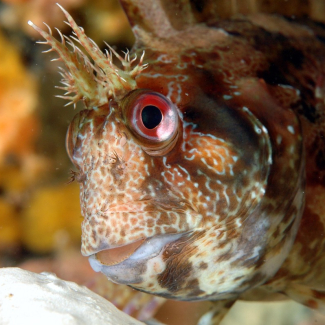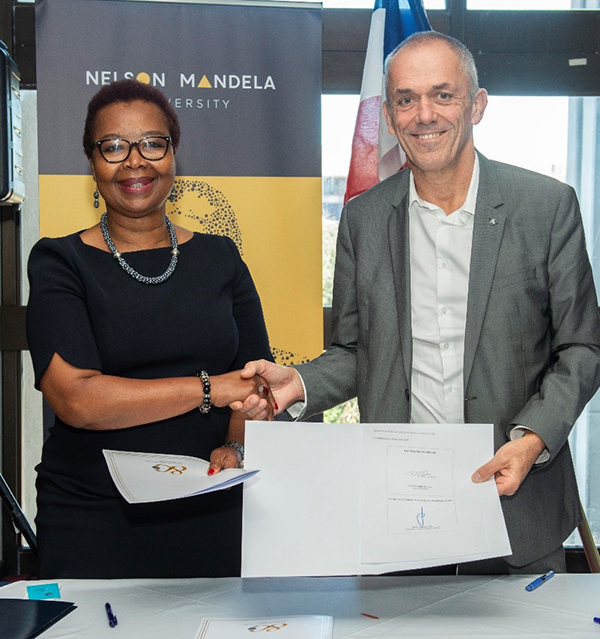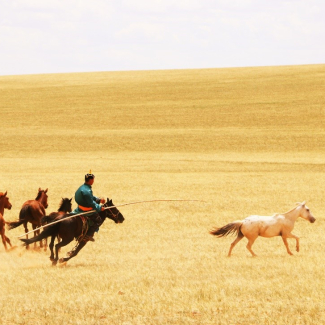
A new French-South African ecology and environment laboratory
Sibongile Muthwa, Vice-Chancellor of Nelson Mandela University, and Antoine Petit, CNRS Chairman and CEO, have inaugurated the REHABS (Reconciling Ecological land and Humans Adaptations for Biosphere Sustainability) International Research Laboratory in Port Elizabeth (RSA) on 5 December. Established for a duration of five years between the CNRS, Claude Bernard Lyon 1 University and Nelson Mandela University, in partnership with the South African National Parks and the University of Angers, this ecology and environment laboratory is part of a series of collaborations initiated in 2015 within the “garden route” global ecology study site.
REHABS aims to be a hub for innovative research on socio-ecosystems and the biosphere in the Anthropocene. It focuses on four research themes:
1. Humans as hyper-keystone species: understanding how responses of biodiversity and ecosystems to human practices form a dominant force in the functioning of the biosphere in the Anthropocene.
2. Nature’s contribution to humans and humanity: reconciling perspectives on development, innovation, risk and wellbeing with biosphere foundations and cultural pluralism.
3. Environmental governance and co-viability in multifunctional landscapes conditions for active stewardship of landscapes, seascapes and urbanscapes in the new context of the Anthropocene.
4. Methods and approaches for long-term social-ecological studies and engaged research: developing frameworks, co-designing protocols, analyses, co-learning and engagement.
REHABS is the CNRS’s third International Research Laboratory in Africa, out of a total of 70 such labs across the world. This presence on the African continent is expected to increase in the coming years, as the CNRS is committed to stepping up and improving its collaboration with African countries.



